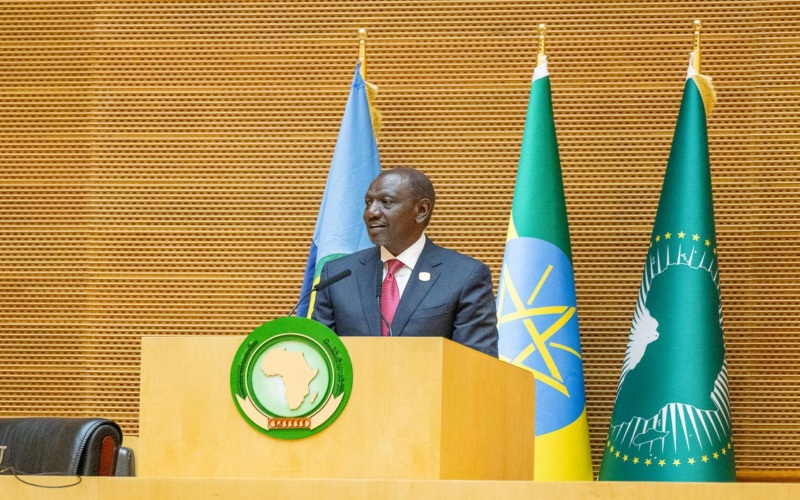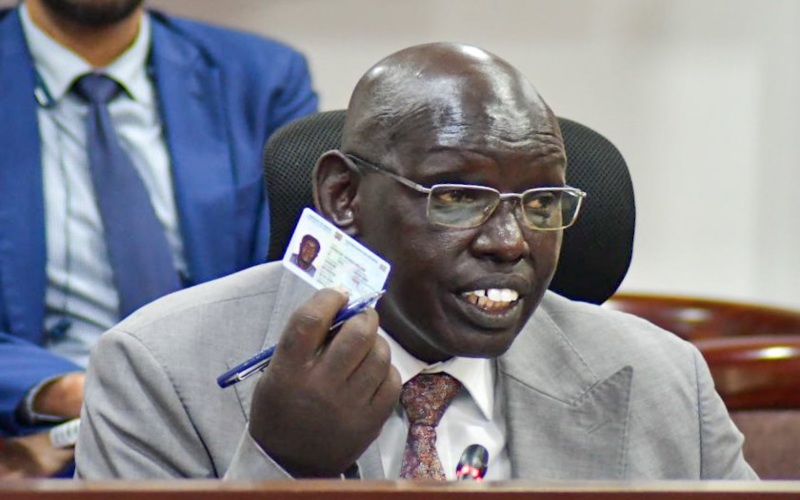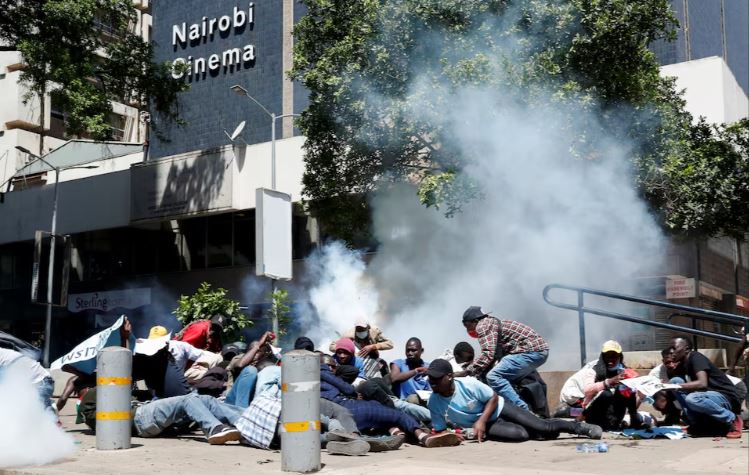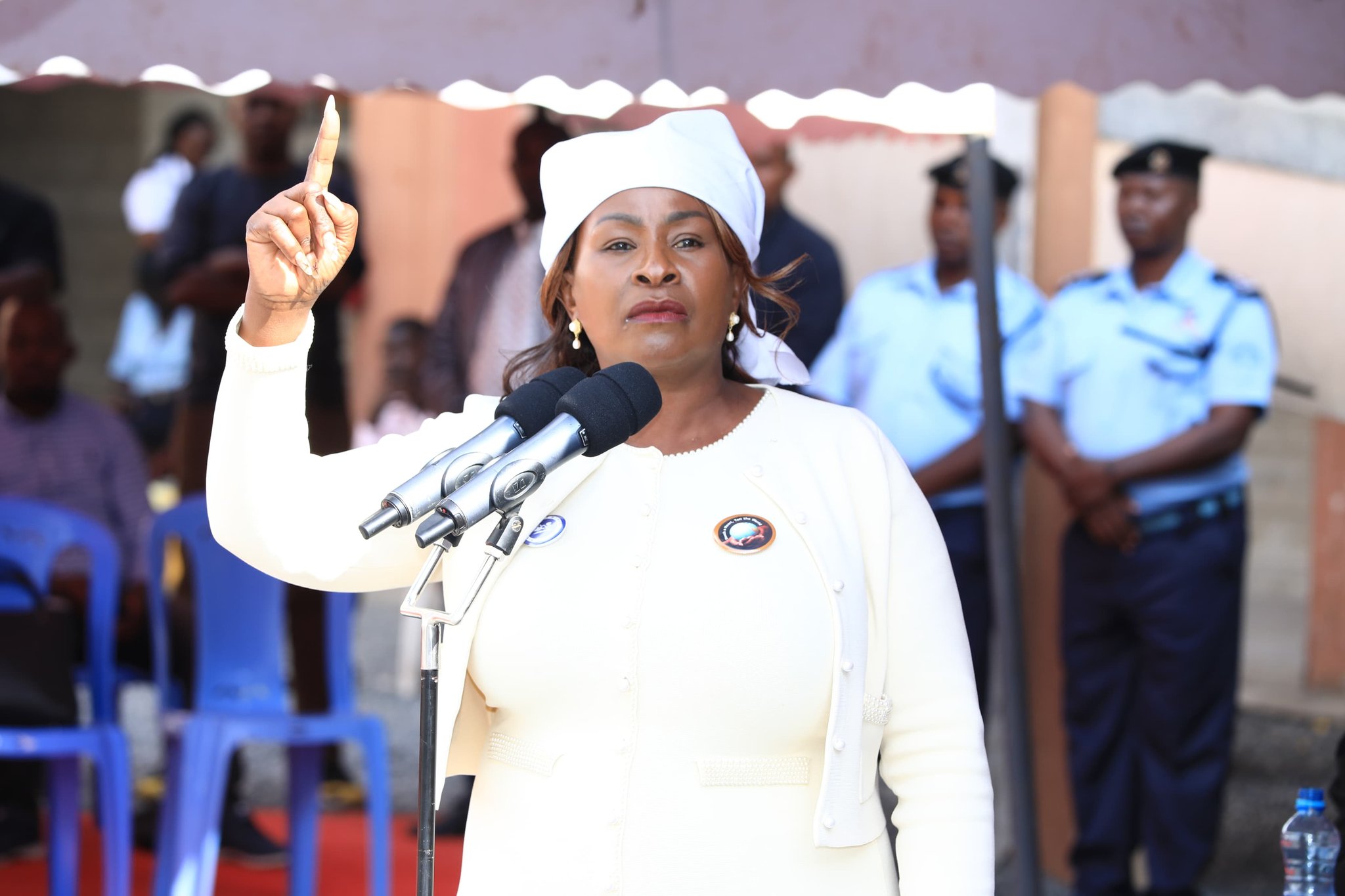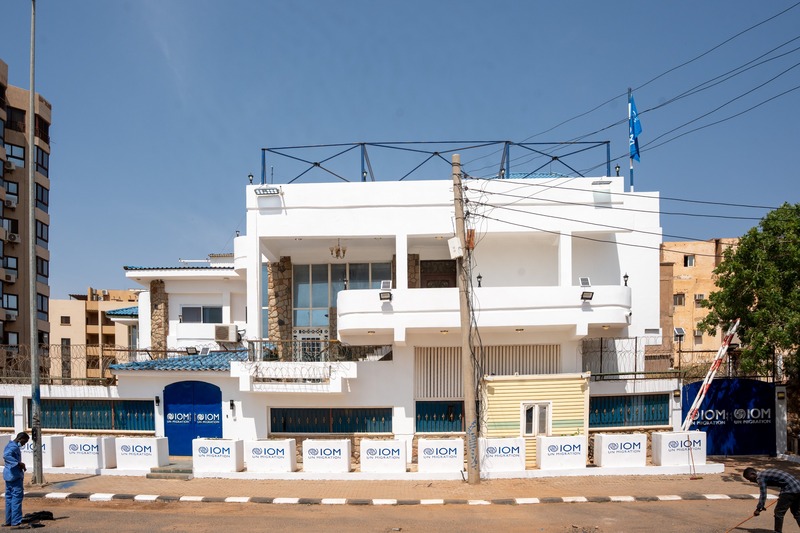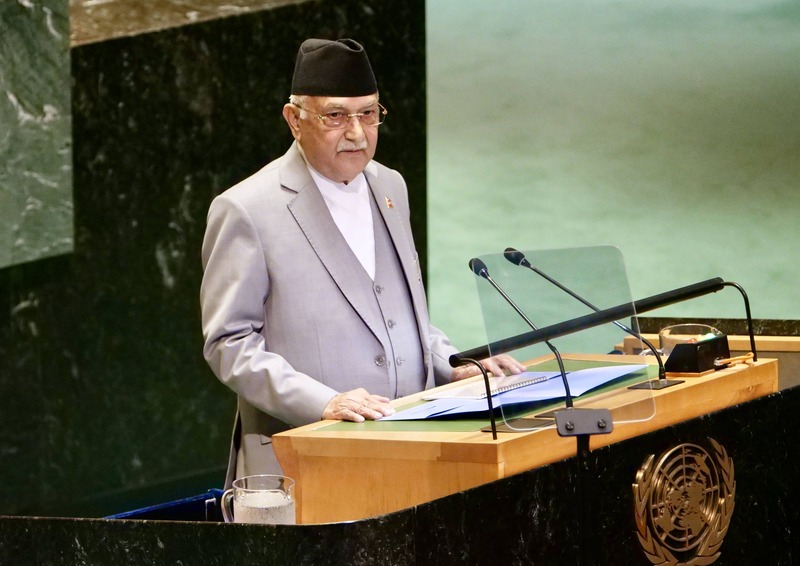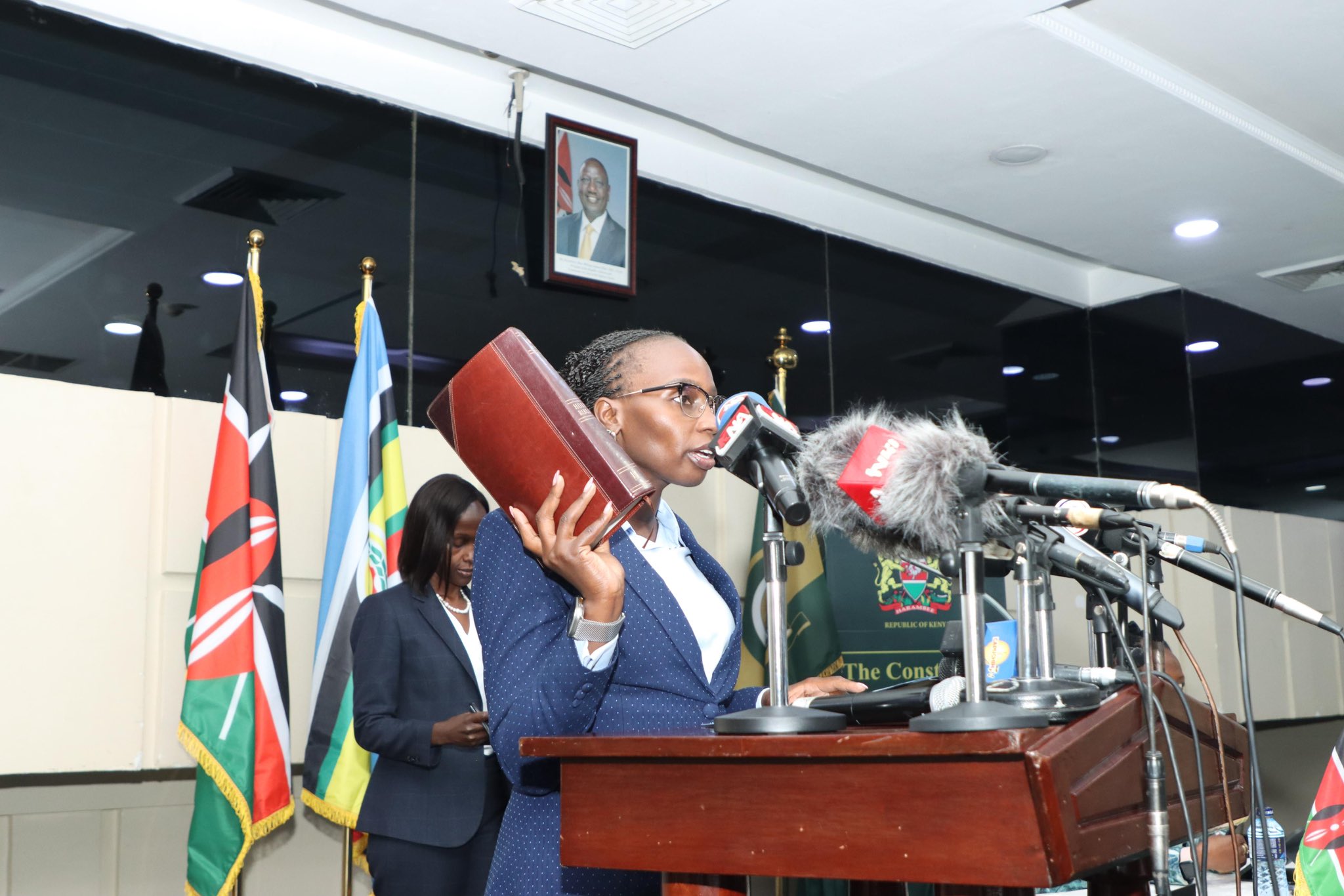Kenya's Supreme Court to begin six-week August recess

The break, which will run for six weeks, is part of the Judiciary’s official calendar and is provided for under the Constitution, the Supreme Court Act, and the Supreme Court Rules of 2020.
The Supreme Court of Kenya will begin its annual August recess from Friday, August 1, to Monday, September 15, 2025, according to a notice released by Chief Justice Martha Koome.
The break, which will run for six weeks, is part of the Judiciary’s official calendar and is provided for under the Constitution, the Supreme Court Act, and the Supreme Court Rules of 2020.
More To Read
- Legal experts weigh in on Supreme Court ruling declining to extend lapsed boundaries review timelines
- African Bar Association honours Supreme Court for 2022 election rulings
- Supreme Court rules IEBC secretariat cannot undertake core electoral duties
- Explainer: Why defamation is a civil, not a criminal offence
- Four judges removed, 210 staff sacked for misconduct since promulgation of 2010 Constitution - CJ Koome
- JSC reveals 946 petitions against judges processed, 210 judicial staff dismissed
In the gazette notice dated July 8, the Chief Justice confirmed that despite the recess, the court will not be entirely closed.
She said a duty judge will be available to deal with urgent matters that may come up during this period.
Koome, who also serves as the President of the Supreme Court, stated that the court's Registry will continue to serve the public on weekdays between 8:30 am and 5:00 pm, excluding public holidays.
The recess is intended to give the judges time to rest, write judgments, and address internal court matters away from daily court proceedings. It is also a period for the court to reflect and prepare for its next session.
The Supreme Court plays a central role in the country’s legal structure. It is the highest court in Kenya and is tasked with interpreting the Constitution and making rulings that bind all other courts.
The court mainly hears appeals from the Court of Appeal, especially those involving constitutional issues or matters classified as being of general public interest.
It also has original and exclusive authority to handle disputes related to presidential elections.
In addition to its appellate and electoral roles, the court can give advisory opinions on constitutional issues when called upon by the national government, state institutions, or county governments.
While its decisions are generally final, the court may review its own judgments in very rare cases, such as when a decision was obtained through fraud or where the court did not have the power to make the ruling.
The court’s structured annual recess is one of the ways it maintains its efficiency while also ensuring there is room for critical internal work that may not take place during daily open sessions.
Top Stories Today
